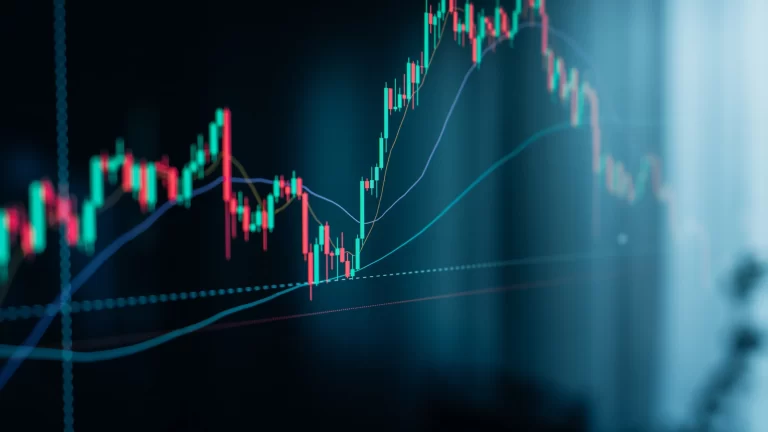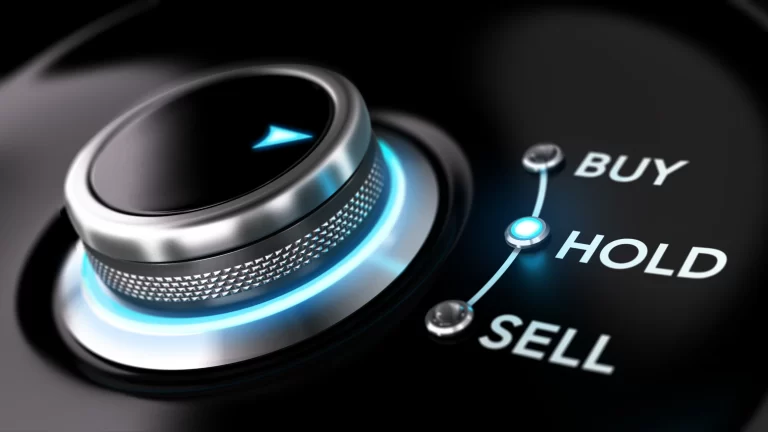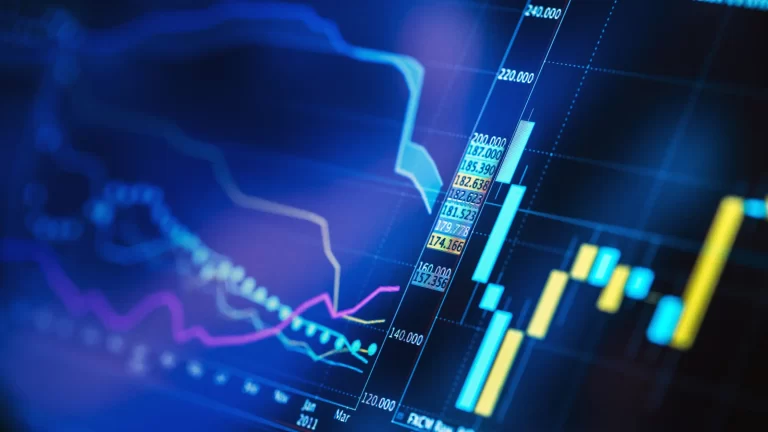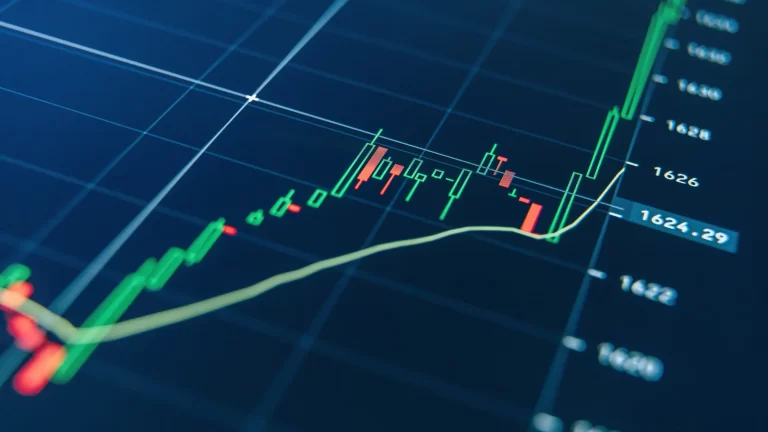Decentralized AI Agents Explained Simply
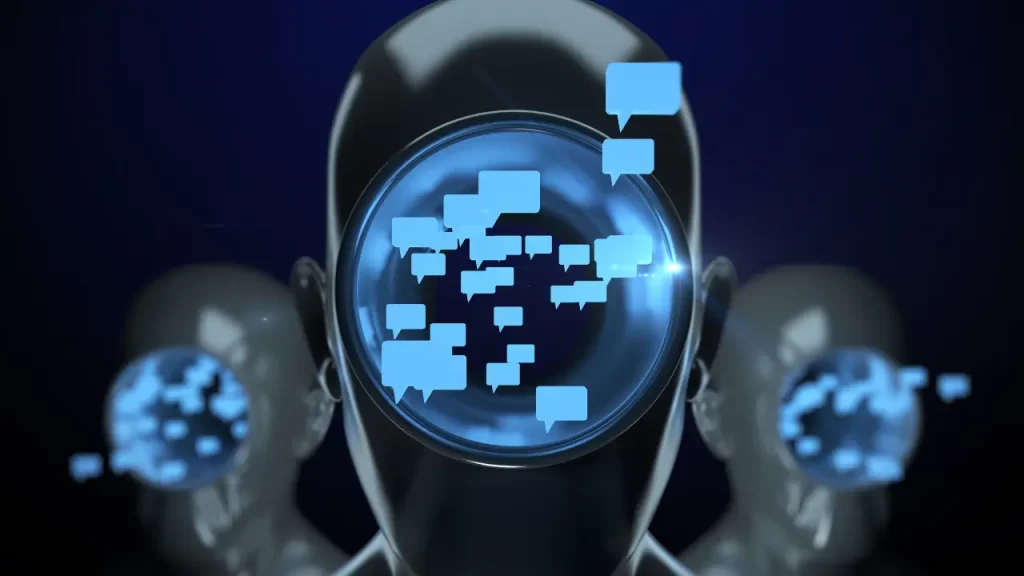
The fusion of artificial intelligence and decentralized finance is creating a seismic shift in blockchain ecosystems. At the forefront of this transformation are decentralized AI agents – autonomous programs designed to make blockchain operations smarter, faster, and more efficient. By integrating AI with smart contracts, these agents are redefining how DeFi operates, paving the way for innovative solutions and unprecedented scalability.
What Are Decentralized AI Agents?
Decentralized AI agents are autonomous entities deployed on blockchain networks to execute specific tasks. Unlike traditional bots or scripts, these agents leverage AI to:
- Analyze vast datasets, including on-chain and off-chain information.
- Learn and adapt in real-time.
- Interact with other agents or decentralized applications (dApps).
Operating on a decentralized infrastructure, these agents bring intelligence to blockchain systems while maintaining the transparency and security that blockchains offer.
Transforming Smart Contracts
Smart contracts, the backbone of DeFi, have predefined rules that execute automatically when certain conditions are met. While effective, they are limited by static coding and the inability to adapt dynamically. Here’s where decentralized AI agents shine.
Enhanced Contract Execution
AI agents analyze multiple data sources – market trends, on-chain analytics, and real-world events – and feed this intelligence into smart contracts. This enables dynamic adjustments, such as modifying interest rates in lending protocols based on market volatility.
Fraud Detection and Risk Mitigation
AI agents monitor transactions in real-time, flagging anomalies and identifying potential exploits. For example, they can detect front-running attempts or suspicious wallet activities, adding a proactive layer of security to smart contracts.
Automated Dispute Resolution
In decentralized marketplaces or DAOs, disputes often arise over contract execution. AI agents can mediate these conflicts by analyzing the data and suggesting resolutions, reducing the need for human arbitration.
Optimizing DeFi Operations
DeFi, with its promise of open, permissionless financial services, is fertile ground for AI integration. Decentralized AI agents are optimizing various aspects of DeFi, including:
Yield Farming and Liquidity Management
AI agents constantly scan liquidity pools and market data to identify the most profitable farming opportunities. By reallocating assets dynamically, they maximize returns while minimizing risks.
Automated Portfolio Rebalancing
For DeFi investors, maintaining an optimized portfolio can be challenging. AI agents can rebalance portfolios automatically, adjusting allocations based on market conditions or user-defined parameters.
Cross-Chain Operations
With the rise of multi-chain ecosystems, bridging assets between blockchains has become crucial. AI agents facilitate seamless cross-chain transactions by identifying the fastest and most cost-effective routes.
Key Players and Platforms
Several platforms are already leveraging decentralized AI agents to revolutionize smart contracts and DeFi:
1. Fetch.AI ($FET)
Fetch.AI enables developers to deploy AI agents for tasks like automated trading, supply chain management, and DeFi applications. The platform’s native token, $FET, is integral for agent interactions and is traded on exchanges like Binance, Bybit, Bitget and Coinbase.
2. SingularityNET
SingularityNET focuses on creating a decentralized marketplace for AI services. Developers can deploy AI agents to enhance DeFi applications, with the $AGIX token powering these transactions. You can find $AGIX on platforms like Binance, Gate, LBank and KuCoin.
3. Phala Network
Phala Network combines privacy with decentralized AI by offering secure computation for smart contracts. Its $PHA token is crucial for accessing AI-driven insights, and it’s actively traded on exchanges like Binance and Kraken.
4. Virtuals Protocol
Virtuals Protocol allows users to create tokenized AI agents with minimal technical expertise. These agents can automate DeFi operations like liquidity provisioning and trading, powered by the $VIRTUAL token available on the Base network.
5. PAAL AI
PAAL AI focuses on personalized AI agents for DeFi operations. Its products, such as AutoPaal, cater to automated trading and yield optimization, with $PAAL tokens traded on Ethereum-based DEXs like Uniswap.
Challenges Ahead
While decentralized AI agents hold immense potential, several challenges must be addressed:
- Scalability: The computational demands of AI integration could strain blockchain networks.
- Security Risks: Sophisticated AI agents could become targets for exploitation, necessitating robust security measures.
- Governance: The autonomous nature of AI agents requires new governance models to ensure accountability and compliance.
The Future of Decentralized AI Agents in DeFi
The integration of decentralized AI agents with smart contracts and DeFi is not just an upgrade – it’s a paradigm shift. These agents are automating complex processes, enhancing security, and driving efficiency across the blockchain ecosystem. As platforms like Fetch.AI and SingularityNET continue to innovate, we can expect AI-powered solutions to become standard in DeFi operations.
Whether you’re a developer looking to build smarter dApps or an investor seeking the next big opportunity, the rise of decentralized AI agents is a trend you can’t afford to ignore. As AI continues to evolve, it’s clear that the future of blockchain will be more intelligent, efficient, and decentralized than ever before.
